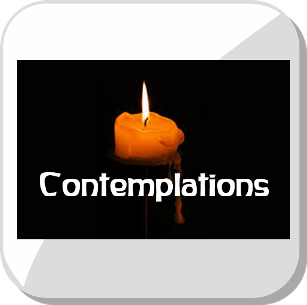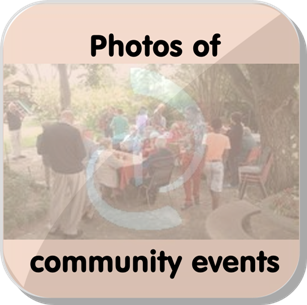|
by John-Peter Gernaat
In September we studied chapters 2 and 3 of John’s Gospel. Firstly we encountered John’s focus on the festival of the Passover. He uses this as a pointer towards the important deed of Christ on Good Friday. We studied the cleansing of the temple. We came to understand a dual translation of the same Greek word. Greek has a very different word for the Temple of Solomon and for Sanctuary within the Temple. Yet, the word for Sanctuary is sometimes translated as Temple and sometimes as Sanctuary. When we use the correct translation and realise that Christ is cleansing the Sanctuary (the place of sacrifice) and not the Temple, a new understanding arises. The sacrifice of animals, the sacrifice of Abel that was acknowledged by the spiritual world, is coming to an end and a new sacrifice will replace it. For this reason the animals are cleansed from the Sanctuary. There is a second understanding that we gain from the Old Testament that the sacrifice made in the sanctuary is made freely and therefore the concept of trade for a sacrificial animal is anathema. We learned about the building of Solomons Temple in 46 years. This is a symbolic number of forty and six. Forty is the period of gestation (40 weeks for a human being) and the number for initiation (something new coming into the world). The number six is the number of creation – in six days God created the world and on the seventh day He rested. Christ introduces a new number for creation: the number 3, the number of the Divine. This number was new to the Jewish people who were monotheist in their understanding of the divine. We studied the conversation that Nicodemus has with Jesus at night. Jesus recognises the true standing of Nicodemus when he says in John 3:10 “You are THE teacher among the leaders”. The indefinite article is generally used in translation, which does not recognise Nicodemus’ true position. Jesus tells Nicodemus that the human being needs to gain a new insight of what it means to be on the earth in our relationship to the place from which we have come. We are beings with a spiritual existence that enter into an earthly existence. We are not earthly beings hoping to gain a spiritual existence. It is when we recognise our spiritual nature that the Kingdom of God is revealed in us. This birth of a recognition of our spiritual nature must occur in our earthly life. We also came to a deeper understanding of possibly the most well-known words in scripture: “For God so loved the world that He gave his only begotten Son”. And we studied the last witnessing of John the Baptist (described at the end of Chapter 3) whose primary mission was to bear witness to the Christ.
0 Comments
|
Article Archives
December 2023
2022 - January to December
2021 - January to December 2020 - January to December 2019 - January to December 2018 - January to December 2017 - January to December 2016 - January to December 2015 - January to December 2014 - November & December 2013 - July to December 2013 - January to June 2012 - April to December Send us your photos of community events.
Articles (prefaced by month number)
All
|




 RSS Feed
RSS Feed